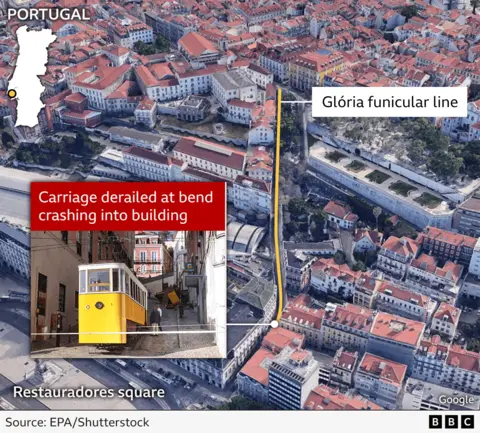Record Wildfires Ravage Southern Europe: Climate Change at the Core
A record one million hectares - comparable to almost half the land area of Wales - have burned across the European Union so far this year, marking the worst wildfire season on record since 2006.
Spain and Portugal are particularly affected, with approximately 1% of the Iberian Peninsula scorched, as highlighted by EU scientists. The catastrophic conditions are directly linked to climate change, as articulated by researchers from the World Weather Attribution group at Imperial College London. Experts predict that more frequent and severe fires are likely to persist in the future.
According to reports, the burn areas in Spain and Portugal account for over two-thirds of total EU wildfires. In Spain alone, over 400,000 hectares of land have been consumed by flames, a staggering figure exceeding six times the average for this time period between 2006 and 2024. Portugal follows suit with record burn areas reaching nearly 270,000 hectares as of late August, almost five times the historical average.
The ongoing fires have predominantly affected forested regions in northern Portugal and northwestern Spain, specifically Galicia, Asturias, and Castile and León. Notably, protected areas like Picos de Europa National Park and prominent routes of the renowned Camino de Santiago pilgrimage have also been gravely impacted.
This season has also led to the largest deployment of the EU civil protection mechanism’s firefighting force, while smoke from the wildfires has significantly deteriorated air quality. This detrimental impact has even extended as far as France and the UK due to southerly winds.
The situation highlights an urgent call for intervention and effective fire management strategies in response to the escalating threats posed by wildfires, spurred by climate change and compromised rural fire management due to depopulation.
Experts express that the intense heat from climate change dries out vegetation, thus elevating fire risks. The vicious circle is evident, as fires in turn release additional carbon dioxide (CO2) into the atmosphere, only exacerbating climate change. This year, CO2 emissions from wildfires in Spain have surged to record levels, far surpassing annual totals recorded since 2003.
It has become increasingly clear that combating climate change and understanding its role in wildfires is integral, as these challenges transform both environmental and human landscapes.

















